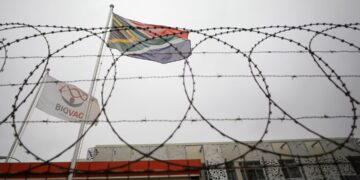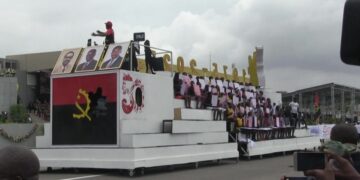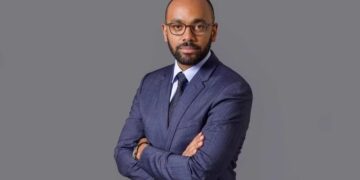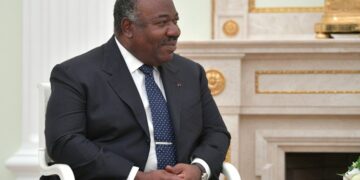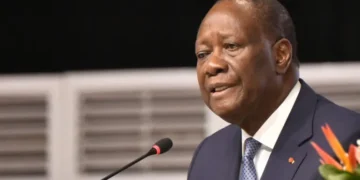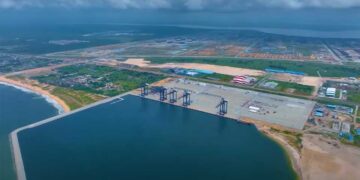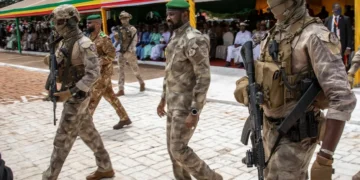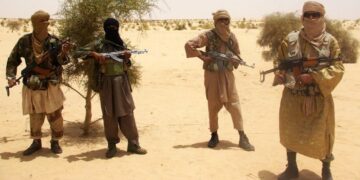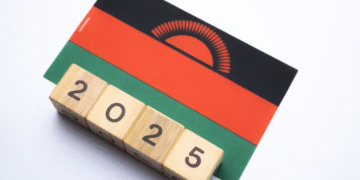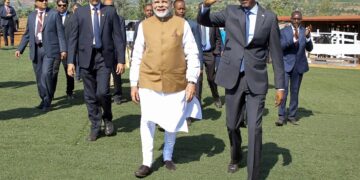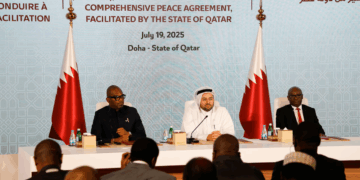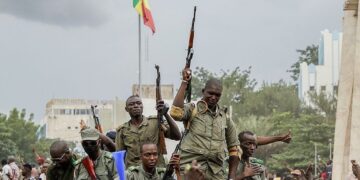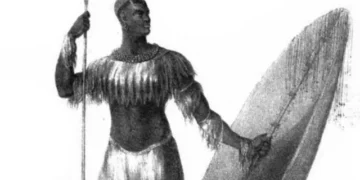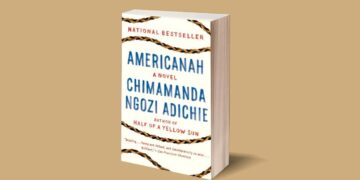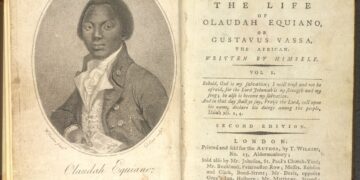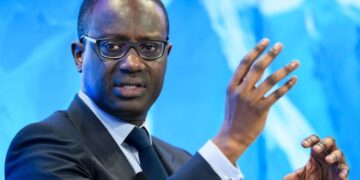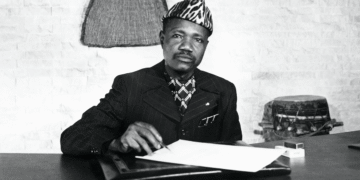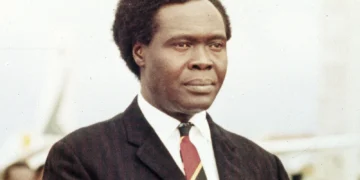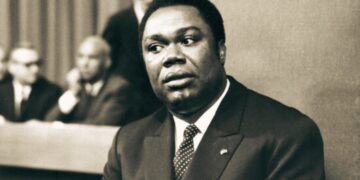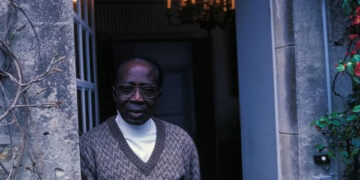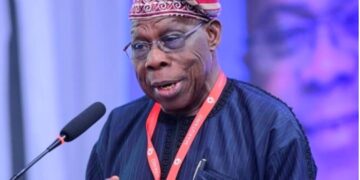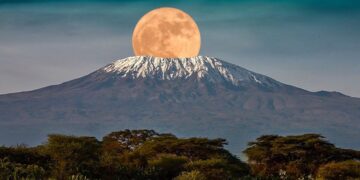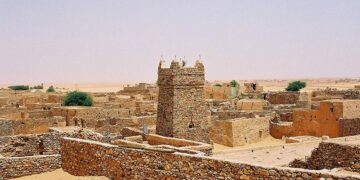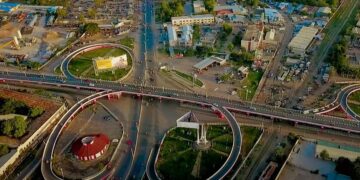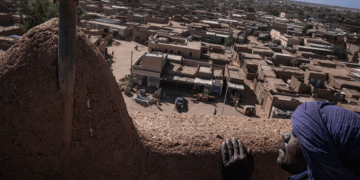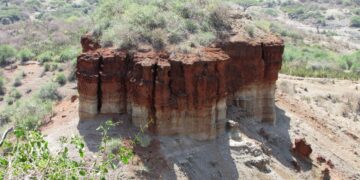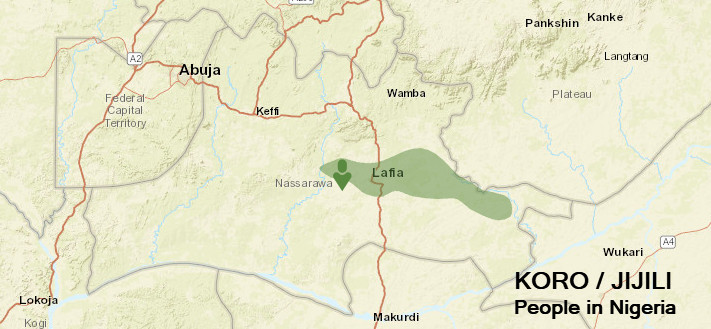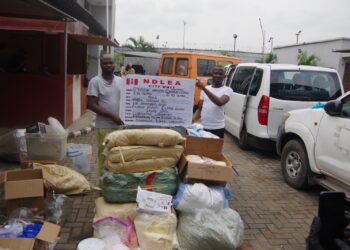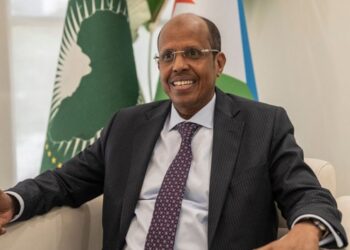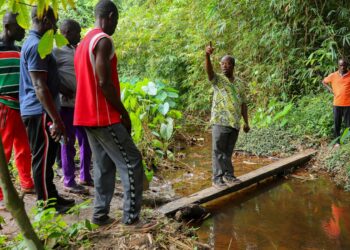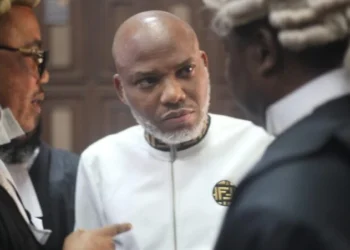The Koro, Jijili, or Megili people live in Nigeria. Their major language is Lijili. In colonial records, the Jijili of Kafin Koro were known as the ‘Koro Huntu’, or ‘naked Koro’. This is an offensive term that should be removed from all future writings. The right phrase is ùJíjìlì for one individual and aJílílí for the people, indicating that Jijili is an appropriate reference.
The Kafin-Koro people also claim that the tribal name Koro is a Hausa corruption of the term Ofro, which refers to a sort of bag that they still create. However, according to other sources, the term Koro is Hausa for “drive away” and was given to this group of people because they had been subjected to continuous raids, forcing them to relocate to new areas.
The Jijili’s principal communities are Kakuri, Abolu, Kwagana, Sikiti, Aboroson, Kudami, Pini, Naniti, and several others. These are all located between the main route connecting Suleja to Minna and Adunnu. The Jijili of Kafin Koro recognize the following subgroups: Ojijili-o-Lafia (around Lafia in Plateau State), Ojijili-o-Kaduna, Ojijili-o-Zuba (near Suleja), Ojijili-Saako, and Ojijili-Bekase. They claim that despite disparities in how the groups communicate, they comprehend one another.
Jijili is losing ground to Hausa in tiny towns like Kafin Koro and Adunnu, but it appears to be alive and well in most villages. Based on the number of settlements, there must be at least 7-8000 Jijili.
Grimes (1992) reports a population of 299,447 (in 1990). Her statistic is questionable because she only locates the Koro in Kaduna State. She also gives 50,000 to Lijili, obviously Koro of Lafia, bringing the total to 349,447. But other writers give many more: Koron-Ache, Koron-Agweshi, Koron-Ala, Koro-Funtu, Koro-Zane, Koron-Lafia (Jili), Koron-Gwandara, Koro-Phoware (or Phonare), Koro-Ganagana (Koro-Ndulu or Afiki), Koron-Ija, Koron-Zuba, Koron-Kenyi (Jaba), and also Lungu “closely associated with, if not an actual segment of Koro of Zaria province” (Wente-Lukas). In this study, however, many of these are treated as distinct tribes.
Many Koro claim they originated in the Borno area. Some say they were living at Kano under Hausa rulership. The numerous Koro people fall under distinct traditional categories. There is no single head over the Koro people.
The majority of their chiefs (Choazie) are second or third class, with the exception of Lafia, who is a first-class chief.
The former traditional system is giving way to a new traditional structure that is externally imposed on the people. Nowadays, the government has a big say in who becomes the chief, and he may not be the most popular candidate. But they are not subjected to any type of political tyranny. They value their traditional rulership over the Hausa style.
_______________
Source + Reference:
- 101 Last Tribes com
- Roger Blench / Kay Williamson Educational Foundation 8, Guest Road Cambridge CB1 2AL United Kingdom
- Peoplegroups.org


